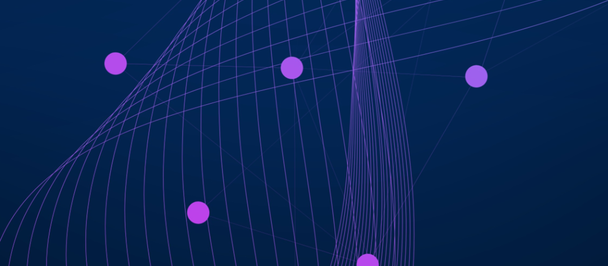Energy Hackathon Opening Ceremony
The brightest minds in Jordan joined together on Thursday as part of a hackathon to find innovative solutions to the Kingdom’s energy challenges.
Organized by the United Nation’s Development Programme in partnership with a coalition of international and national organizations and private sector institutions including the Royal Norwegian Embassy in Amman, Zain, Innovation Norway, the Norwegian Refugee Council (NRC), the United Nations High Commissioner for Refugees (UNHCR), the Jordan Entrepreneurship and Innovation Association (JEIA), the Global Green Growth Institute (GGGI) and the Crown Prince Foundation (CPF), the hackathon connects a multitude of organizations across the development sphere in solving humanitarian and development challenges within the energy sector.
The energy sector in Jordan presents one of the most pressing challenges facing the country today. While Jordan has been expanding its clean energy portfolio over recent years, it is estimated that the majority of the electricity generated in the Kingdom still comes from imported fossil fuels. This affects the price of electricity for the Jordanian consumer and results in high levels of carbon emissions that contribute to climate change. In addition, the influx of Syrian refugees, of which more than 80% reside in Jordanian host communities, has added to the rapidly increasing demand for electricity.
Calling on youth, start-ups, tech geeks, organizations and refugees, participants from a wide range of backgrounds will receive direct mentorship from leading experts and professionals in a variety of fields including climate, environment, energy and business throughout the 10-day hackathon.
Held at ZINC facilities in addition to the Fabrication Labs at Techworks, the main challenges to be hacked address how households can become more energy-efficient and reduce their electricity consumption, apply innovative approaches to monitor and control electricity consumption and will also look for new ways in which refugees in Zaatari and Azraq refugee camps could have equitable access to electricity.
Winners will receive a cash grant of up to JD6,000 from Zain and will also get the chance to collaborate with UNDP Jordan’s Accelerator Lab to further test and prototype their solutions and receive support in identifying opportunities for scaling. Investors and business delegations will be introduced to the promising ideas coming out of the hackathon in order to assist in the adoption of the most successful solutions.
Commenting on the hackathon, UNDP Deputy Resident Representative at UNDP Jordan Majida Al-Assaf said: “Climate Action starts with every house in Jordan. our focus is on curbing the demand for energy through citizen engagement by promoting responsible consumption at the user-level targeting residential establishments, and addressing challenges of how households can become more energy-efficient and reduce their electricity consumption? how can households apply innovative approaches to monitor and control electricity consumption?”
Ambassador of Norway to Jordan Tone Allers said: “Collaboration on innovation between different actors - including humanitarian and development actors, private enterprises and entrepreneurs, is essential if we are to maximize the potential for generating innovative ideas and learning across sectors. This hackathon is a perfect example of what we can achieve when we combine expertise from different sectors to address global challenges.”
Eng. Ahmed Al-Amra, Country representative from GGGI- Jordan said that “Green growth is all about achieving inclusive economic growth by turning environmental and climate-related challenges into opportunities. GGGI is proud to support the Hackathon because it builds on energy-green growth linkages such as energy innovation, management, awareness and behaviour change, energy efficiency technologies and inclusive access to energy.”
Dominik Bartsch, UNHCR Representative in Jordan said: “Every day, refugees rely on electricity provided by UNHCR in Zaatari and Azraq refugee camps to operate basic appliances like fridges and freezers, charge their phones, and light up their homes.
“Jordan has always been a bedrock of innovation and led the way in establishing the first solar plants in refugee camps but we need to go one step further and make sure all are equally able to access the energy they need. I am excited to see the creative and innovative solutions coming out of the hackathon to make this possible.”
Muriel Techup, NRC Jordan Country Director said: “In our daily work with refugees, we see how lack of access to reliable, affordable and sustainable energy is a critical driver of vulnerability. Today, refugees around the world struggle to cover their energy needs for such basic actions as cooking and heating. Finding a solution that makes energy consumption possible for vulnerable families while supporting countries in their efforts towards sustainability and climate change prevention are one of the key challenges of the humanitarian response today. “

 Locations
Locations
